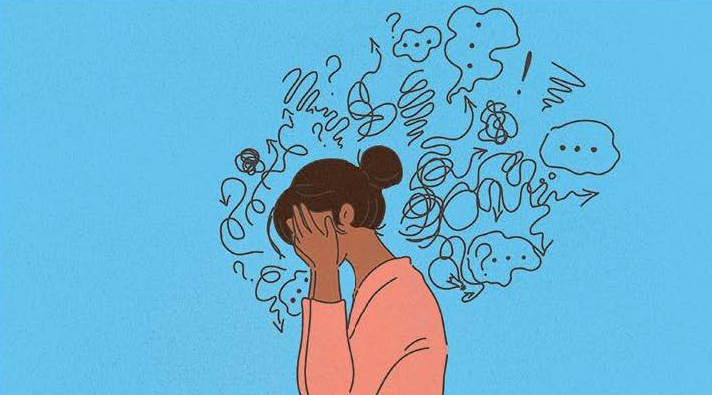Stress is a short-term response to a recognised threat. Anxiety is your body’s natural reaction to stress. Whilst stress is in response to something happening in the moment, anxiety is our way of trying to predict future stressful events. Anxious thoughts often start with “what if”, and do not always have any identifiable triggers. Anxiety is the result of feeling overwhelmed, scared or out of control. Both stress and anxiety are normal – they are our body’s way of responding to things that may harm us – so both can be valuable survival tools.
So, when does anxiety become a problem? When anxiety is interfering with your daily life, when you cannot see the world around you because you are so engrossed in your thoughts, and when your physical symptoms of anxiety are persistent, it is time to get some help. The consistent feeling of anxiety is so uncomfortable that it can lead to depression. Left alone, anxiety can also lead to more serious disorders such as:
- Panic disorders;
- Generalised anxiety disorder (GAD);
- Separation anxiety;
- Social anxiety;
- Phobias;
- Obsessive-compulsive disorder (OCD).
Anxiety can be triggered by our hormones. It is always a good idea to have hormone levels checked if your anxiety levels have increased for no noticeable reason. Fluctuating levels of estrogen and testosterone, which are considered sex hormones, may play a role in how much anxiety you experience. Likewise, an overactive thyroid can exacerbate anxiety levels.
What are the physical symptoms of anxiety? You may feel all or some of the following:
- Stomach pain, nausea or digestive trouble;
- Headache;
- Insomnia or other sleep issues;
- Weakness or fatigue;
- Rapid breathing or shortness of breath;
- Pounding heart or increased heart rate;
- Sweating;
- Trembling or shaking;
- Muscle tension or pain.
So how do we treat anxiety? Self-care is essential. Ensure that you follow the following:
- Exercise as much as possible. If you have physical challenges, doing something active like scrubbing a bath can help.
- Avoid alcohol and recreational drugs.
- Eat a healthy and balanced diet.
- Quit smoking.
- Reduce caffeine intake.
- Maintain a good sleep routine.
- Cognitive Behavioural Therapy (CBT) is a recognised therapy that helps with anxiety and depression.
- Stress management and relaxation techniques.
Remember that stress and anxiety are our body’s natural defence mechanisms. You will never eradicate stress and anxiety entirely but ensuring that your anxiety levels are not so high that they impact your quality of life is quite achievable. If you look after you, then you are in a much better position to be the best version of you and have a much higher quality of life.

